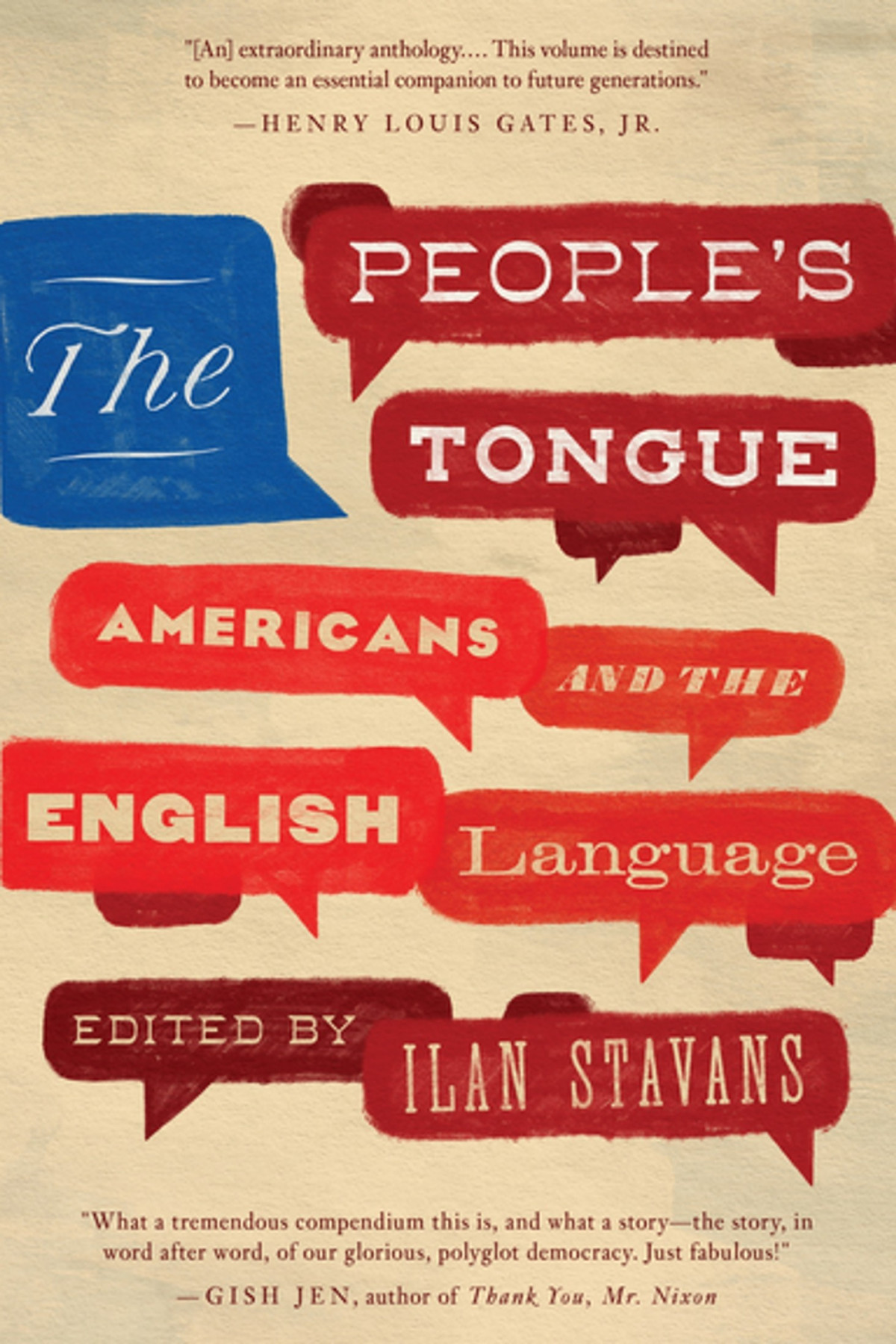

Most ebook files are in PDF format, so you can easily read them using various software such as Foxit Reader or directly on the Google Chrome browser.
Some ebook files are released by publishers in other formats such as .awz, .mobi, .epub, .fb2, etc. You may need to install specific software to read these formats on mobile/PC, such as Calibre.
Please read the tutorial at this link: https://ebookbell.com/faq
We offer FREE conversion to the popular formats you request; however, this may take some time. Therefore, right after payment, please email us, and we will try to provide the service as quickly as possible.
For some exceptional file formats or broken links (if any), please refrain from opening any disputes. Instead, email us first, and we will try to assist within a maximum of 6 hours.
EbookBell Team

4.1
70 reviewsThis volume is a people’s history of English in the United States, told by those who have transformed it: activists, teachers, immigrants, journalists, poets, dictionary makers, actors, musicians, playwrights, preachers, presidents, rappers, translators, singers, children’s authors, scientists, politicians, foreigners, students, homemakers, lexicographers, scholars, newspaper columnists, senators, novelists, and a slew of fanatics. It begins with the English used by the settlers in Plymouth Colony and concludes (for now) with John McWhorter’s tribute to punctuation that bends the rules.
The quest is to understand how an imperial language like English, with Germanic origins, whose spread resulted from the Norman conquest, came to be an intrinsic component of the most influential democratic experiment in the world. Edited by internationally renowned cultural commentator and consultant for the OED Ilan Stavans, it is organized chronologically and offers a banquet of letters, poems, essays, dictionary entries, stories, songs, legislative documents, and other evidence of verbal mutation. Immigrants have propelled these transformations. Hybrid dialects like Yinglish, Spanglish, and Hawaiian pidgin have flowered. Our linguistic and cultural multiplicity has sparked fierce national debates that play out in these pages—from the compulsory education (and deracination) of Native Americans, to the classification of Black Vernacular English (once celebrated and ridiculed as Ebonics), to the dictionary wars over prescriptive versus
…